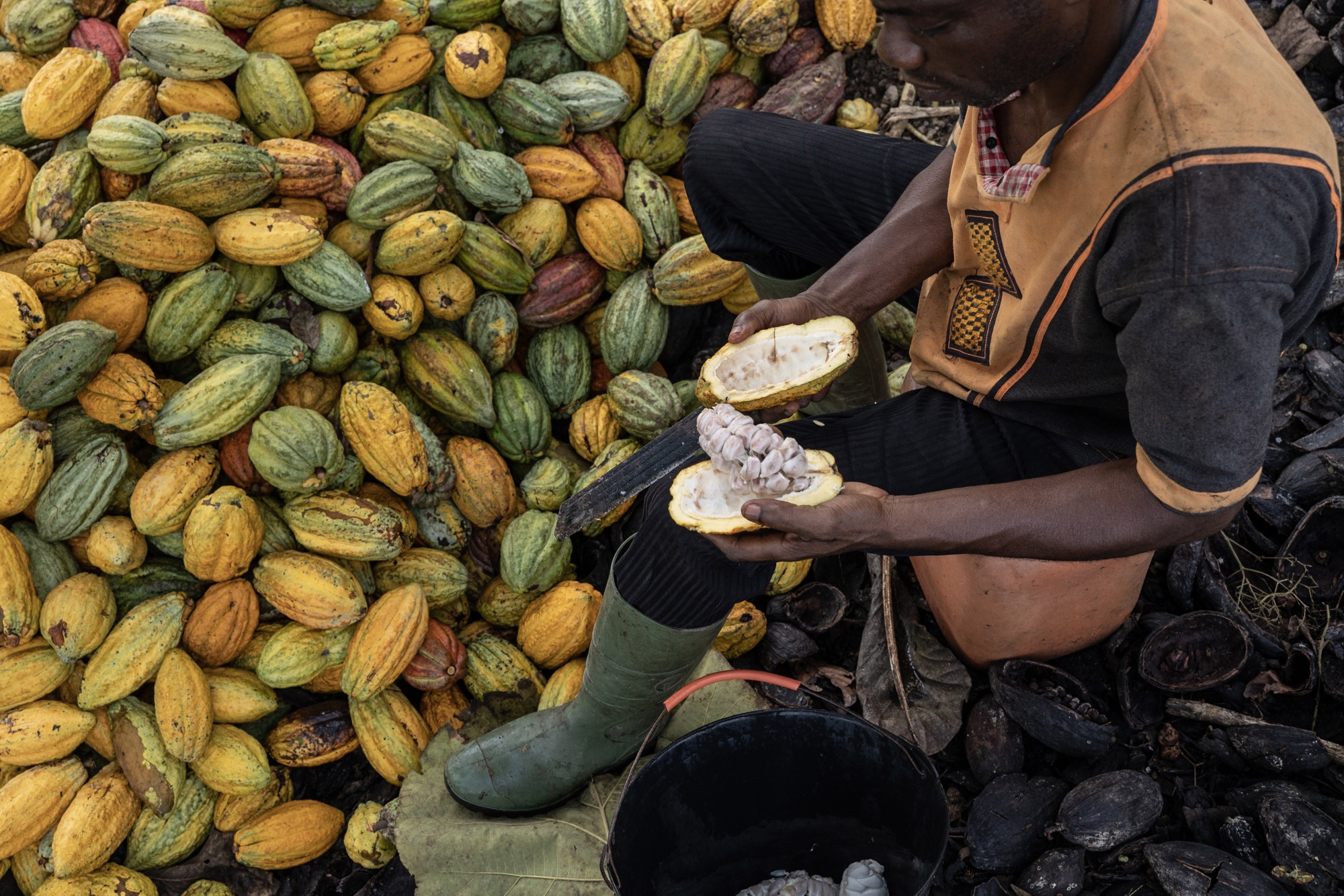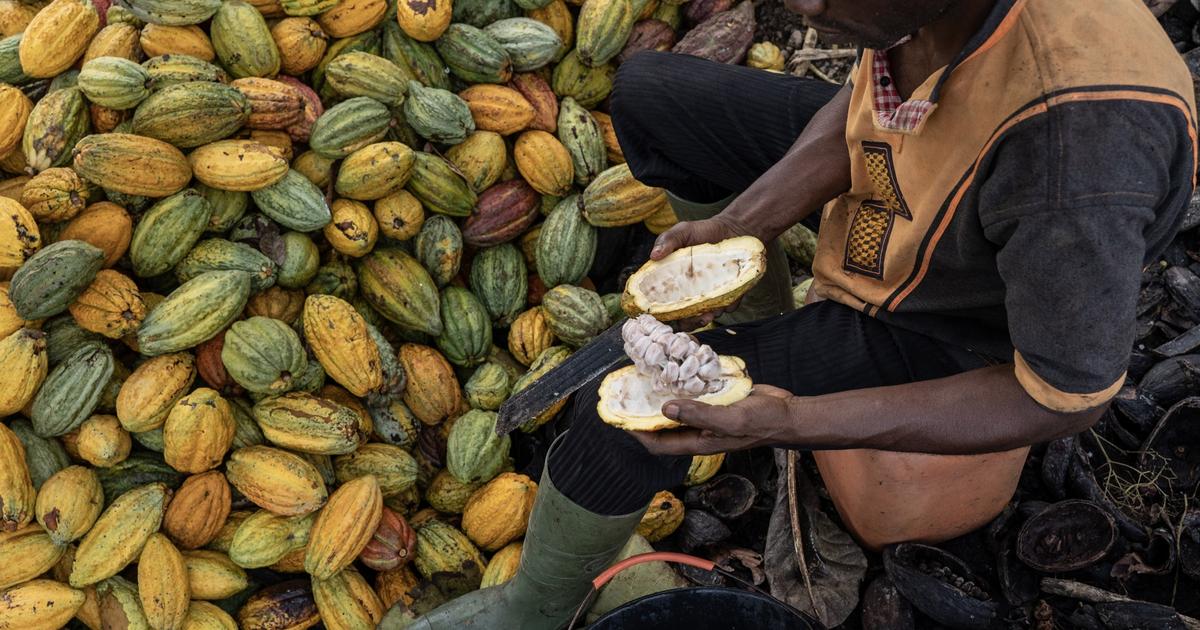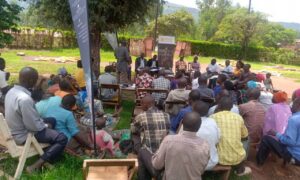
Ghana is in talks with cocoa traders to secure a $500 million loan to support its industry operations, as delays in finalizing its annual syndicated loan from regular lenders persist due to uncertainties over crop yields.
The Ghana Cocoa Board, the industry regulator, is negotiating with major bean traders like Olam Group Ltd. and Barry Callebaut AG to raise at least one-third of the $1.5 billion it aims to borrow, according to sources familiar with the situation, Bloomberg reported.
The funds will act as a temporary solution while Ghana continues discussions with banks ahead of the new season starting in October, according to sources close to the matter.
Spokespersons from Barry Callebaut, Olam, and Fiifi Boafo declined to provide a comment.
This is the second consecutive season that Ghana, the world’s second-largest cocoa producer, has sought funding from cocoa dealers instead of securing its annual syndicated loan on time.
The board relies on this facility to cover costs for seedlings, chemicals, fertilizers, and bean purchases from farmers, while the foreign exchange supports the central bank in stabilizing the national currency.
Typically, Cocobod secures the syndicated loan in September, right before the season kicks off. However, last year’s debt restructuring complicated negotiations, pushing the loan approval to December. This delay forced Ghana to borrow $400 million from cocoa traders in November and an additional $200 million in March after lenders withheld the final $800 million tranche.
The banks’ hesitation stemmed from concerns about Ghana’s cocoa revenues due to a drop in output, which has contributed to a global cocoa shortage for the third consecutive year.
Unfavourable weather, disease, and a shortage of fertilizers have hurt bean harvests in Ghana. The country’s production fell from 683,000 tons in 2021-22 to 654,000 tons in 2022-23, with a projected decline to 501,000 tons by September’s end, according to International Cocoa Organization data.
Additionally, Ghana has around 250,000 tons in forward sales contracts yet to be fulfilled, some of which have been deferred from the past three years.

















